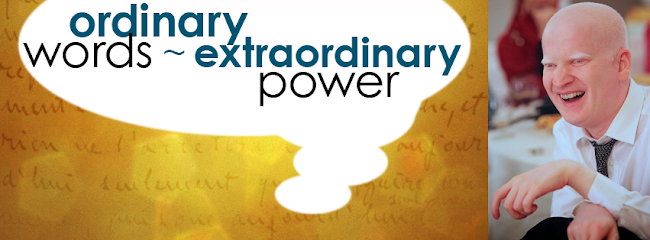It is possible to have self-respect and very little self-esteem when we follow our guidelines of living ethically, yet don’t believe that we will ever be a success. We can have self-respect when we feel confident that we are doing everything right and good. Yet we can still blame ourselves internally for not achieving a certain platitude of status and thus not have any self-esteem.
Interestingly enough, I also believe that it is possible to have self-esteem without self-respect. Anyone can be in a situation where they feel certain about their destiny and be faith-driven that they will achieve that destiny. At the same time, the same person may be realizing that to achieve that particular destiny, they need to temporarily make sacrifices or compromises that pass their ethical line.
While certain critics may question the general ethics of this situation, everyone must admit that this situation probably happens much more often than most of us care to admit. Whether right or wrong, we must commend people who at least employ faith and have self-esteem even though they might be jeopardizing their ethics in the moment and admit that they do not have self-respect. After all, Robert Byrne says “In order to preserve your self-respect, it is sometimes necessary to lie and cheat.”
Why is it important to learn this distinction? Well, I find that most people group self-respect and self-esteem together. Doing so, when they lack self-respect, they tend to also believe that they lack self-esteem. When they lack self-esteem, they tend to think they also lack self-respect. Understanding this distinction can give us a great motivation boost. We may not lack both. Realizing this fact can put us on the right course.
If we lack self-esteem only, then we might want to consider changing some of our strategies of achieving our goals, or modifying some of our goals to be more in alignment with our purpose in life. If we lack self-respect only, we may just want to change our perspective. Let’s get over it. We may just be doing a necessary evil that is temporary. That’s life.
Dexter Yager says that the biggest disease in North America is not cancer and it is not AIDS. It is a poor self-image. A self-image is the impression in which we think other people see us. A good self-image helps us to be more confident, courageous, bold and individualistic. A poor self-image can be evident when someone is very timid, shy, and consequently very anti-social.
Our self-respect is determined by our childhood experiences, but can be adjusted by evaluating our values and raising our standards. Self-esteem can be increased through a deeper personal understanding of one self, or by becoming more spiritually oriented. All three, but particularly a self-image, can be bettered through the many programs of personal and professional development, such as this book.
Understanding who we are, what we want, and how we work, is the basis of all personal development. I hope this book is helping you realize parts of who you are, what you want, and how you work. May it therefore also help you increase your self-respect, your self-esteem, and your self-image. And by golly, if it doesn’t, I won’t be depressed. Just do me a favor and find yourself another book that does. There are many out there.
Let's love the world together...
Love,
Danish Ahmed, blind visionary

















No comments:
Post a Comment